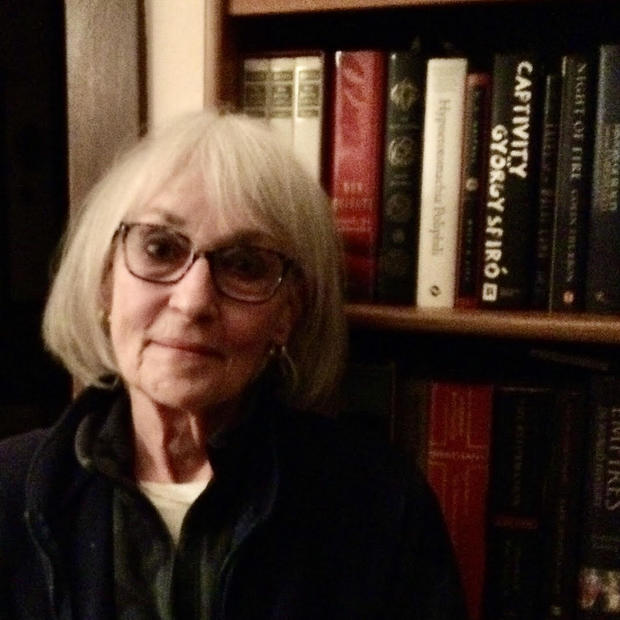A tent city is a fragile community. There’s a constant influx of transient newcomers requiring orientation to community rules and responsibilities. The democratic process of self-governance can be grindingly inefficient anywhere, as every American knows, and exposure to severe weather, shortages of supplies, the frustrations of aimlessness due to isolation from the larger society, combined with widespread unemployment — all take their toll of the residents' patience with each other. Finally, locations are short-term and temporary. The tent city called Nickelsville has moved at least seven times in a single year. With such uncertainties and stresses, it's impressive that this community works so well.
Residents who assume leadership roles are key to the peace and safety of any community — for instance, leaders like “Marilyn,” who keeps unruly visitors to Crosscut writer Kimberly Marlowe Hartnett’s neighborhood in line. The man I’ll call Tony was a comparably positive force in Nickelsville during its first six months.
I met Tony in October, when the community first arrived in the University District. As I walked into the U Christian Church parking lot where people were pitching their tents, he was nailing scrap lumber together for a security fence that would close off the west entrance to the lot and route visitors and residents through a single entrance on the east side, where the security tent was located. Later that day, at a meeting of tent city representatives with church congregation members, I heard Tony articulate with eloquent, warm good will the community’s needs and concerns.
Early last January, when I stopped by the encampment after a week with friends in Manhattan, Tony was on duty in the security tent. On a rotating basis two people guard the entrance gate 24/7, wearing the regulation yellow vests. Every resident puts in a four-hour stint each week, though some (like Tony) fill in if a person on the schedule turns out to be a flake or moves out unexpectedly. He greeted me with the news that he’d been in Manhattan the same week as my visit there and had welcomed in the New Year at Times Square. Then he laughed at his little joke and hugged me hello.
As we talked, Rochelle crawled around the well-swept cement floor, gathering stray bits of thread and muttering to herself. “I need a place. I need a place. Unfurnished! No furniture!” Tony soothed her, reminding her that “the doctor” (a psychiatrist member of the church congregation) was coming to visit her in an hour. In a whisper he explained to me that Rochelle believed tables and chairs would attack her if she was closed in with them.
Tony looks to be maybe 50 years old, judging from the gray in his beard, but his moves are athletic, his blue eyes sparkle, and his smile is youthful despite the absence of teeth — lost to mouth cancer years ago. Growing up, he lived in a series of 17 foster homes. Last winter he was just two tests shy of getting his GED. In the county jail for several months, he studied for the GED with a tutor — “I loved my tutor!” he told me — and he passed math and English with ease. "I did all the homework. The homework was wonderful."
The day before the social studies and science exams were scheduled, he told me, he was suddenly awarded early release for good behavior, making it impossible for him to be tested at the jail along with the few others signed up. He said that he begged the authorities to keep him incarcerated for one more day, partly because he wanted to make his tutor proud and partly because the tests would be free of charge. But they refused, which is perhaps understandable from a short-term budgetary perspective: a bed in the county jail costs taxpayers $78 per day.
Still, such a decision can be more expensive over the long haul. Multiple studies over the past decade (partly summarized online at AmericanReadingForum.org in Literacy, Criminal Activity, and Recidivism), indicate that the higher the level of education an offender achieves, the lower the rate of recidivism. Literacy itself reduces by one-third the chance that a released offender will re-offend and be returned to prison. Tony could get free tutoring in any subject at Literacy Source in Fremont, an outstanding nonprofit that provides adult literacy services; and some area community colleges offer free GED tests to students who demonstrate financial need.
Tony was banned from Nickelsville a few months ago. He broke its rules against using alcohol one night when he returned to the encampment drunk after having heard the news of his brother’s violent death. If you or I wanted to grieve the sudden loss of a beloved family member over too much bourbon, we could do so at home. But this kind of privacy and freedom of choice are unavailable to residents of our fragile tent cities.

